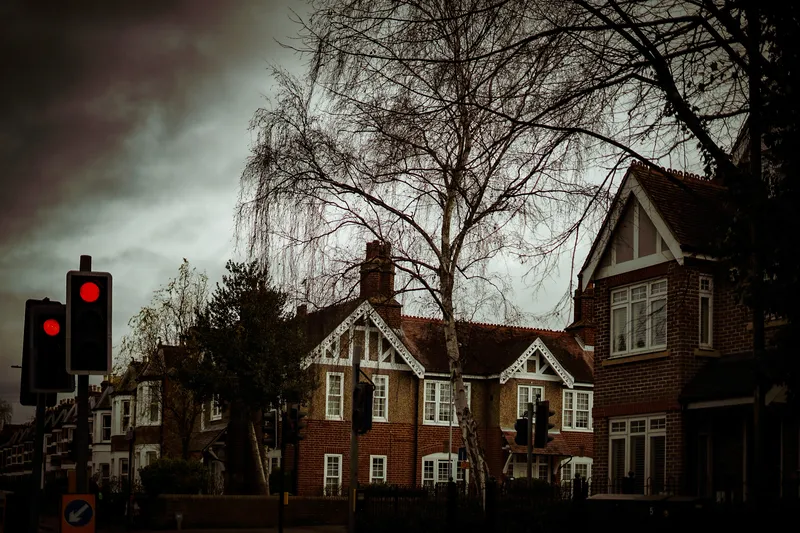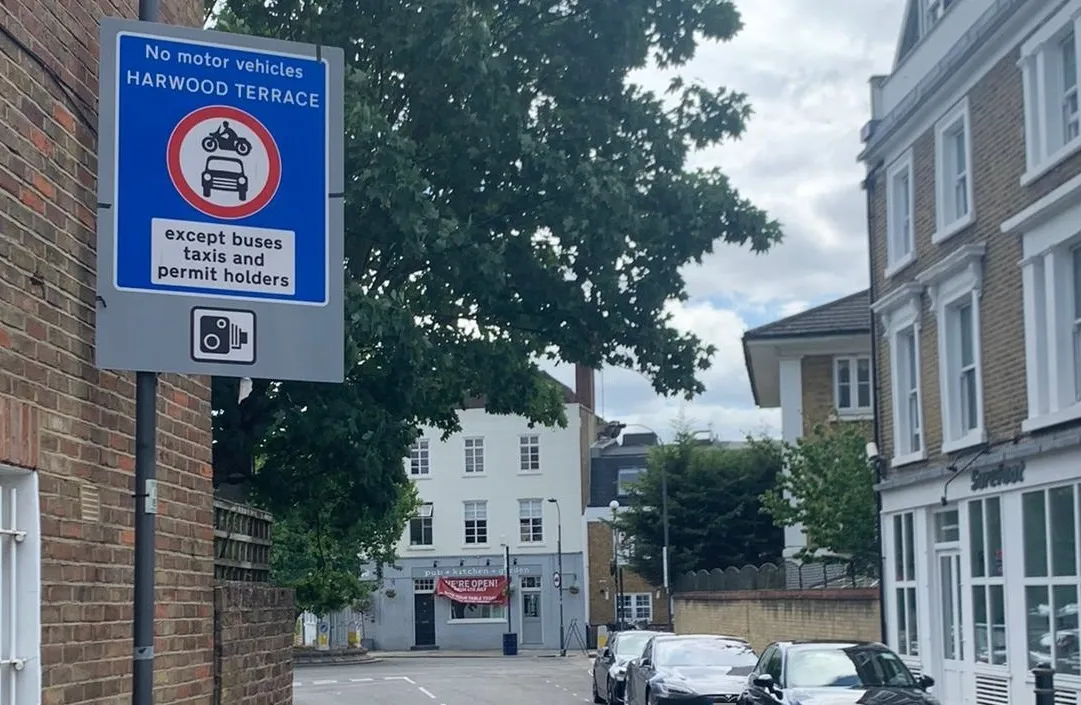
Yunex Traffic has had its traffic signal and ITS maintenance contract with five local authorities in the English county of Berkshire renewed for 10 years.
As one of the UK’s major economic hubs, Berkshire is home to many thriving businesses, including major global technology and finance organisations.
Under the deal with the five county councils in Berkshire county - Reading Borough, West Berkshire, Slough Borough, Wokingham and Bracknell Forest - Yunex will continue to maintain all traffic signal and ITS equipment, as well as install new infrastructure. The original contract started in 2006 and all its solutions are made at its manufacturing facility in the UK.
With all five local authorities using Yunex Traffic’s urban traffic control system UTC-UX and its Stratos traffic management solution to run their ITS assets, the company will support the councils’ complete portfolios of integrated solutions, services and assets.
Berkshire has recently worked closely with the company to install its Plus+ traffic signal control solution at locations across the county.
In the coming months, Bracknell is also set to deploy Yutraffic Fusion, a multimodal adaptive traffic control solution, supported by the UK government’s Green Light Fund initiative. It raises financing from investors to fund green expenditures that tackle climate change, biodiversity loss and other
environmental challenges.
Similarly, Reading, Slough and Wokingham councils will all be drawing on Traffic Signal Obsolescence Grants to upgrade old halogen traffic signal sites to Yunex's more sustainable and efficient LED units.
The firm is providing a one-stop-shop solution for all its Berkshire customers’ traffic signal and ITS needs, noted Wilke Reints, managing director of Yunex Traffic in the UK.
“This holistic approach means that we can support and optimise the entire road network. From routine maintenance and upgrades, to scheme designs, validations, and managed services, our experienced field-based teams, supported by colleagues at our Poole-based head office, will draw on the 20 years’ knowledge and experience we have built up while working in Berkshire, as well as a great understanding of the county’s road network and operation.”










